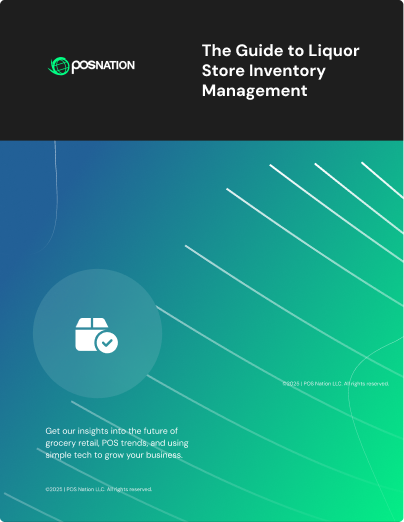Credit card processing is a complex part of owning a business and making sales — and unfortunately, there are payment processors who take advantage of this. When you’re in the market for a point of sale system or a new credit card processor, you’ll hear from salespeople who make it sound simpler than ever.
While there are good payment processors out there, there are many merchants who will dumb down the facts and sneak in ways to make a larger profit down the road. We want to make sure you’re not signing on to a deal that will harm your business — and help you identify if you’ve been tricked into an unfair contract. Read on to learn about common ways that small business owners are being overcharged by their credit card processors.
Non-Qualified Transactions
.webp?width=450&name=2002_ProcessorOvercharge_Embed1%20(1).webp) Non-qualified transactions are one of the most expensive credit card processing fees, found only on accounts with tiered pricing. If you’re on a model tiered pricing model, you were probably quoted an extremely low processing rate. But here’s the catch — the low rate you were quoted may only be applied to transactions that your processor deems qualified.
Non-qualified transactions are one of the most expensive credit card processing fees, found only on accounts with tiered pricing. If you’re on a model tiered pricing model, you were probably quoted an extremely low processing rate. But here’s the catch — the low rate you were quoted may only be applied to transactions that your processor deems qualified.
If your processor decides a transaction isn’t qualified, they will downgrade it to what’s called a non-qualified transaction. Downgraded transactions are charged a higher transaction rate — and to make the situation better — there’s almost no reason for it. Your processor can change transactions any time they want and there’s nothing you can do to get your money back.
If you see “non-qualified”, “non-qual”, or “nqual” on your credit card processing statements, it’s time to switch merchants. Tiered pricing doesn’t end up being the most affordable processing option — especially with sneaky non-qualified fees.
Flat-Rate Processing Fees
Merchants who aren’t on a tiered pricing model might be dealing with similar pricing — the flat-rate model. Rather than having tiers, all transactions cost the same percentage and transaction fee. This might sound like a simple payment processing option, however, the cost per transaction ends up being extremely high — especially for debit purchases.
Regardless of wholesale cost, all costs are intertwined to create a consistent rate and fee, which is not affordable for most small businesses. The more you sell, the more you pay — which is why this model only makes sense for low-volume businesses. If you’ve signed on to flat rate fees and you feel they’re hurting your revenue, it might be time to end the relationship with your credit card processor.
Monthly PIN Pad Payments
An existing POS Nation customer gave us the inside scoop on this trick. Another credit card processor offered to save their business money each month by reducing their processing rates. It turns out that the rate reduction would have been, in their eyes, a little white lie.
Looking at the documents, it’s true that the processing rates were reduced a bit — however, a long-term lease for external PIN Pads was snuck in to make up for the rate reduction. The business was quoted $350 per month for each PIN Pad for a total of four years. This means the business would be paying almost $9,000 for each PIN Pad when they can be purchased online for $350 a piece.
.webp?width=594&name=2002_ProcessorOvercharge_Embed2%20(1).webp)
Luckily, this business owner caught the monthly payment before signing a contract. If you’re in this stage of the process, make sure you’re reading the fine print before you hand over your signature — as credit card processors will purposely make these details hard to find.
Finding or Switching Payment Processors
Are you in the market for a new credit card processor — or is your merchant hitting you with unfair fees and charges? If your transactions and revenue are being affected negatively, the team at POS Nation is here to help you find the best rates for your business.
We’re here to help! Feel free to reach out to us at sales@posnation.com or fill out our form to request a free POS system quote.





 by Cort Ouzts
by Cort Ouzts

 by Brian Sullivan
by Brian Sullivan

